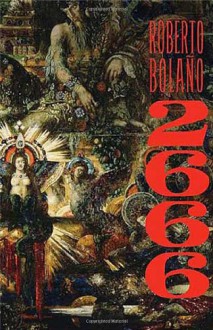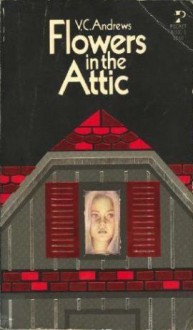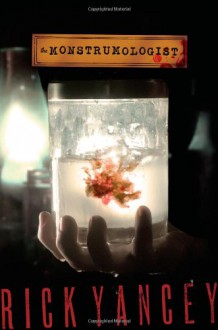 Any two people can set and jaw all day long but it takes two people right for each other to set together and just be quiet Quote - A Parchment Of Leaves
Any two people can set and jaw all day long but it takes two people right for each other to set together and just be quiet Quote - A Parchment Of Leaves I love Appalachian Fiction and Silas House draws the reader in with a wonderful sense of time and place. I had this one on my to read list for awhile and January seemed like a good time to de clutter the TBR list as I knew I had some pretty good books there but always swayed by new books.
Set in early 1900s rural Kentucky and young Saul Sullivan is heading up to Redbud camp to look for work. He is wary but unafraid of the Cherokee girl there whose beauty is said to cause the death of all men who see her, but the minute Saul lays eyes on Vine he knows she is meant to be his wife.
Beautiful writing, with vivid descriptions that take you right to the heart of Appalachia. If I had read this one as opposed to listening to it probably would have taken me way longer to finish as its the sort of novel where you want to go back and re-read passages just for the beauty of the writing. I loved the characters although predictable they are well written and have a genuineness about them that makes you care about their outcome in the story.
This is a quiet book, its not full of action or twists and turns, just a good story well told with the added bonus of amazing sense of time and place, and I think readers who have enjoyed books like The Giver of Stars or The Book Woman of Troublesome Creek may well enjoy this one too.
I listened to this on on Audible and the narrator was really good.

 Log in with Facebook
Log in with Facebook 




















